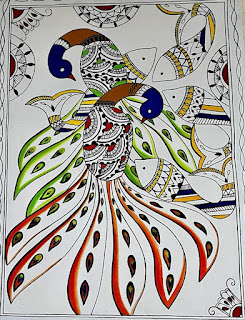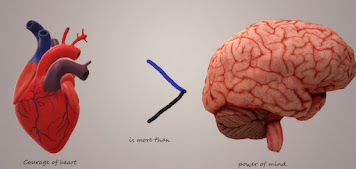The Friday Funda (TFF) : No. 20, Date: 16th Sept. 2022 Theme: Bright-Line Rules

Bright-Line Rules A bright-line rule refers to a clearly defined rule or standard. It is a rule with clear interpretation and very little wiggle room. It establishes a bright line for what the rule is saying and what it is not saying. The story behind the Bright-Line Rule In USA, in the year 1966, a man named Ernesto Miranda was arrested in Phoenix. The police had very little to go on, but they suspected Miranda of kidnapping and raping an 18-year-old woman ten days earlier. The officers interrogated Miranda for two hours and were rewarded for their effort: Miranda admitted to the rape charge and signed a confession paper. There was just one problem. During the interrogation, Miranda had been alone and at no point was he informed that he had the right to legal counsel. When the case went to trial, Miranda’s written confession was used as evidence. He was quickly convicted, but his lawyer appealed because Miranda had never been informed of his rights and thus, according ...




